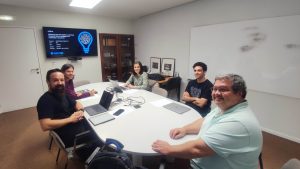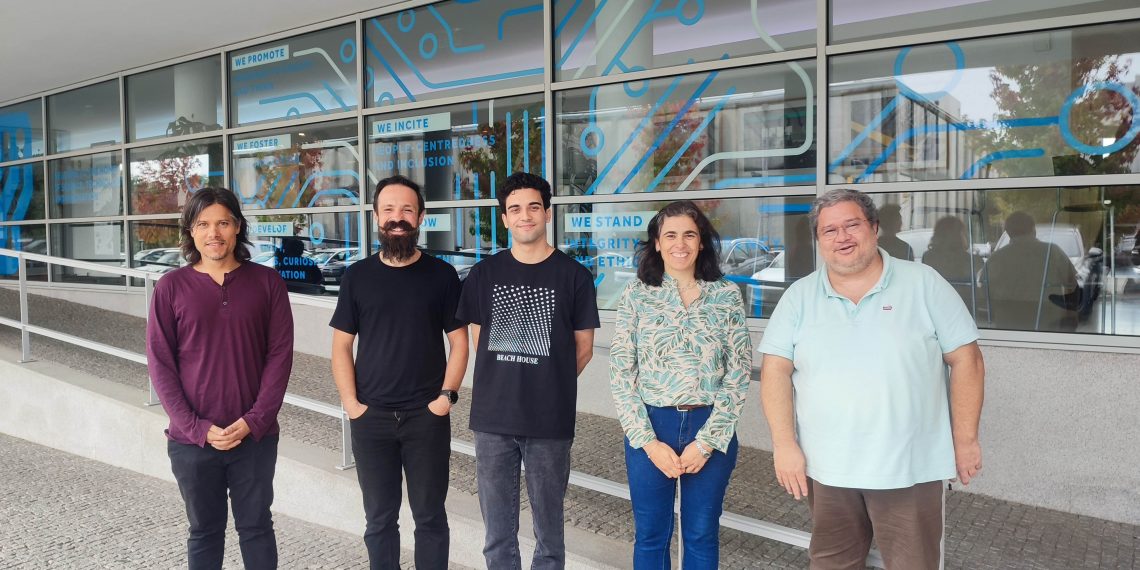Over the next three years, a decision-support system will be developed to identify the most suitable strategies for parcel delivery in a sustainable and efficient way, considering the urban features of the locations where deliveries must occur. The LOG-in project aims to improve the response to the logistical challenges of last-mile deliveries – a costly, complex stage of urban logistics with a significant environmental impact.
Over the past decade, the fast growth of online retail has greatly increased the challenges associated with last-mile logistics. Today, this phase of the process, in addition to being costly and complex, can contribute to congestion and rising emissions.
This is because cities are not identical – neither in their physical features, such as streets width or buildings dimensions, nor in the types of land use found throughout different areas, which may be residential, industrial, and so on. In this sense, last-mile services should be designed with these specificities in mind – which does not always happen. For this reason, it has become necessary to rethink the last mile and introduce solutions that are sensitive to the local context, presenting strategies for more efficient and sustainable delivery systems.
“Cities are not homogeneous; on the contrary, they are profoundly heterogeneous structures, both in spatial and physical terms, and in their usage patterns. However, the last mile has mostly been operationalised in a uniform way, without clearly and objectively considering the specificities and needs of each urban context,” explained Tânia Fontes, the project’s PI.
To more effectively address the challenges of last-mile deliveries, the INESC TEC researcher explained that the goal is to develop a context-sensitive decision-support system that systematically links spatial and environmental characteristics and social needs with the most appropriate delivery strategies.
“This system will be designed to support both logistics operators and urban policymakers in assessing the trade-offs between economic efficiency, environmental sustainability and social equity, and consequently in designing more effective policies. Through this research project, we aim to promote more sustainable, efficient and equitable urban freight transportation systems,” she added.
The team of researchers from INESC TEC and the Faculty of Engineering of the University of Porto (FEUP) seeks to create a Decision Support System (DSS) capable of identifying areas with diverse spatial characteristics and demand patterns, based on a set of indicators, to determine which last-mile logistics services are best suited to the specific features of each part of the city.
This will enable data-driven, context-sensitive decision-making. How? Through simulation technologies, machine learning and generative AI. In other words, the solution will integrate a spatial analysis module, which will classify the different urban contexts using georeferenced data (particularly infrastructure and demographic patterns) and a dynamic simulation engine to model delivery operations for various scenarios. It will also integrate machine learning algorithms that, drawing on historical data, will be able to forecast demand and recommend specific strategies for each context. Finally, the system will include a generative-AI interface capable of translating technical analyses into practical recommendations for different stakeholder groups.
This solution will differentiate itself from existing decision-support systems, which tend to prioritise route optimisation, by considering the diversity of urban contexts, where areas such as historic centres, residential districts, commercial zones and industrial parks all present specific characteristics that impose significant spatial and regulatory constraints and influence the delivery process.
 “Local conditions are essential to aligning delivery strategies with the specific characteristics of each urban environment. With this DSS, our target is to provide an alternative to the inflexibility imposed by one-size-fits-all solutions and to ensure a technology that adapts to the characteristics of each territory, supporting truly intelligent urban logistics,” emphasised Tânia Fontes.
“Local conditions are essential to aligning delivery strategies with the specific characteristics of each urban environment. With this DSS, our target is to provide an alternative to the inflexibility imposed by one-size-fits-all solutions and to ensure a technology that adapts to the characteristics of each territory, supporting truly intelligent urban logistics,” emphasised Tânia Fontes.
The project LOG-in: rethinking last-mile logistics – customised integrated delivery strategies for sustainable e-commerce is funded by COMPETE 2030 and the Foundation for Science and Technology, and is scheduled to conclude in 2028.


 News, current topics, curiosities and so much more about INESC TEC and its community!
News, current topics, curiosities and so much more about INESC TEC and its community!